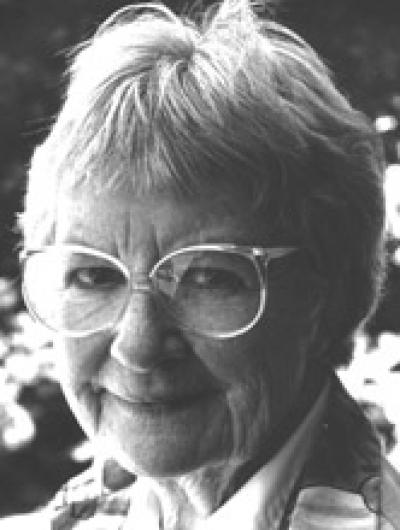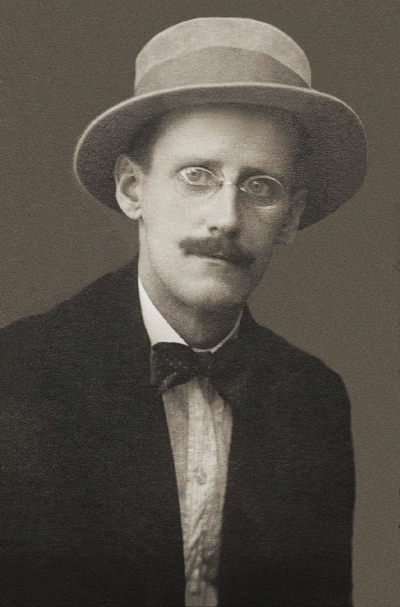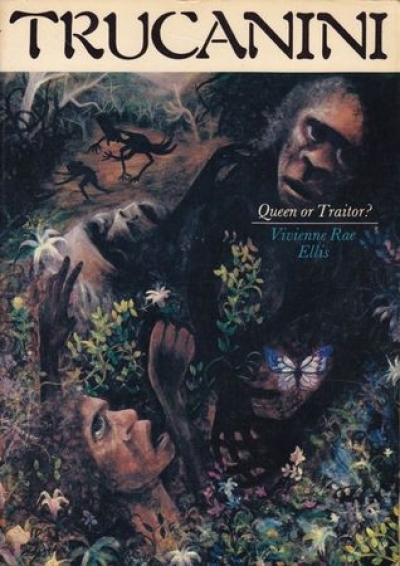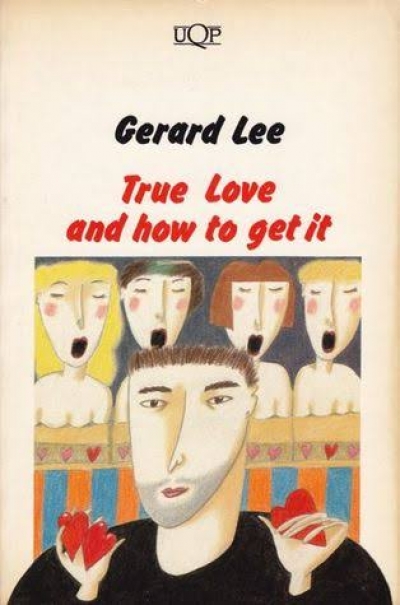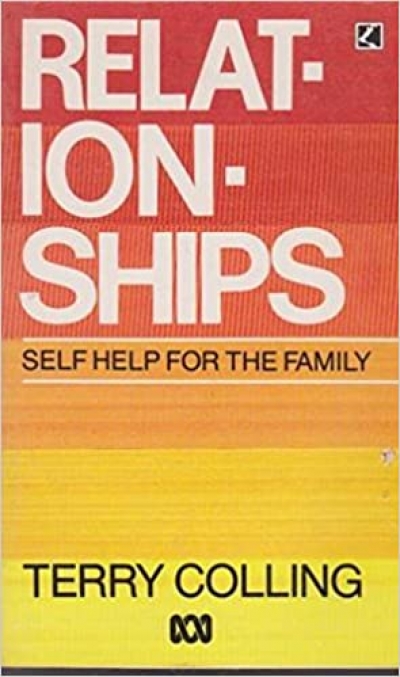Archive
Children’s Book Week is traditionally a time to take an overall view of the last year’s output of children’s books. Such an overall view is necessarily superficial but it can be interesting to note the appearance of new authors and illustrators, new themes, or different treatment of old themes. This article will look at the picture books and fiction of the last twelve months.
... (read more)If James Joyce had ever visited Australia it is unlikely that he would have come up with anything like D.H. Lawrence’s Kangaroo. For one thing, as with most Irishmen, his interest in landscape was negligible; for another, his sense of play and his myopia would not have allowed him to romanticise the great Australian bush, much Jess the suburban sprawl. He might have felt somewhat at ease in the ‘Loo or the Rocks area, in Gertrude Street, Fitzroy or Little Dorritt Street in Carlton, or perhaps by the Yarra at Burnley. But why fantasise?
... (read more)The Golden Age of Australian Opera: W. S. Lyster and his Companies 1861–1880 by Harold Love
True Love and How to Get It by Gerard Lee & Bliss by Peter Carey
Australian Melodrama: Eighty Years of Popular Theatre by Eric Irvin
When the ABC asked me to adapt Roger McDonald’s novel 1915 into a major seven-part serial, I declined. Ray Alchin, producer and head of the ABC’s film studio in Sydney, looked at me with disbelief and asked me to read it again. So I read it again, twice, and thanked him for having the good sense to see its possibilities, and gratefully accepted.
... (read more)
